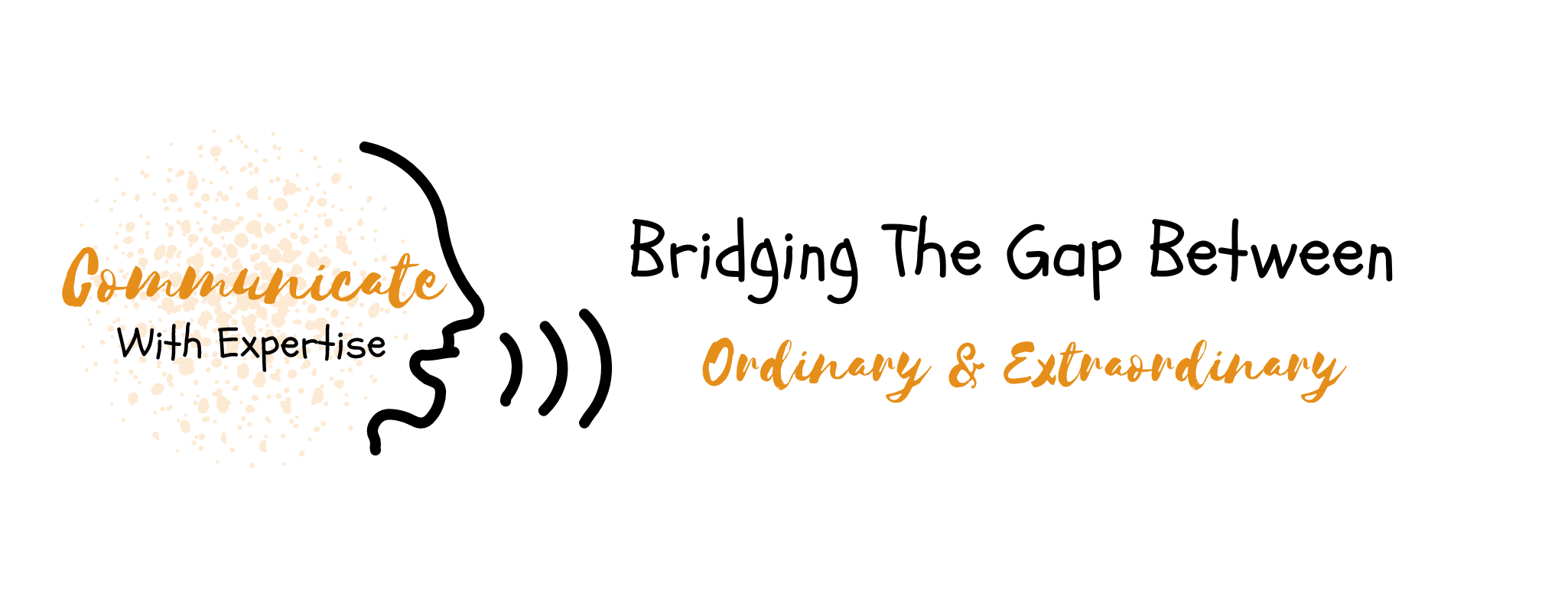Managing distractions during communication can be difficult, but it is important to be aware of them and take steps to minimize their impact.
Few things can derail a conversation like a distraction. Whether it’s a phone call, a text message, or something else happening in the environment around you, being unable to focus during communication can lead to misunderstandings and frustrating dead ends. In this blog post, I’ll discuss some key tips for managing distractions during communication, so that you can stay focused and productive.
What are distractions in communication?
Distractions are anything that pull your attention away from the conversation making it more challenging for you to pay attention. Generally, distractions can be external or internal.
External distractions
External distractions come from the things happening around you. Some common external distractions during communication include:
– Background noise
This can come from things like televisions, computers, air conditioners, background music, or even people in other parts of the room.
– Side conversations
These are conversations that people are having with others around them. They can be distracting because they can take away from the conversation you are trying to have.
– General movement in the room
General movements can include people walking around, moving furniture, or anything else that is happening in the room.
Internal distractions
Internal distractions are thoughts or emotions that take your focus away from the conversation. Internal distractions during communication include:
– Your own thoughts
You might be thinking about what you need to do after the conversation is over, upcoming deadlines, personal issues, or you might be thinking about something that was said earlier in the conversation.
– Your emotions
You might be feeling nervous, anxious, or angry. These emotions can take away from your ability to focus on the conversation.
Self-regulation and managing distractions
It’s important to note that what might be a distraction for one person, may not be a distraction for another. As such, you should become aware of what distracts you and to take steps to minimize the impact of those distractions.
Here are three strategies to keep in mind:
– Attention control: This is the ability to focus on the task and to ignore distractions.
– Emotion control: This is the ability to manage your emotions and to not let them get in the way of your goal.
– Task knowledge: This is the understanding of what needs to be done in order to complete the task.

According to research, persons who are self-regulated are better at managing distractions. This means that they are able to control their thoughts and emotions, and they are able to focus on the task. This self-regulation is based on their sense of responsibility and their perception of the ideal behavior.
Leung, 2015
Strategies for managing distractions during communication
In today’s fast-paced world, it’s more important than ever to be able to control our attention. With so many distractions around us, it can be difficult to stay focused on a conversation or presentation.
It’s no secret that the mind is prone to wandering, especially when we’re trying to focus on a task that is either monotonous or challenging.
For many of us, staying on task can feel like a constant battle against our own thoughts. However, there are a few things you can do to help keep your mind from wandering. These include:
(1) Awareness of what is causing the distraction
Essentially, if you can identify the source of the distraction, you can try to eliminate it – preferably before the communication even starts.
Tips to identify the source of your distraction
- Pay attention to when the distraction occurs. Is it always at the beginning of the conversation or after speaking to the same person for an extended period? Is it worse at a particular time of time – perhaps in the afternoons when you’re more tired and less alert?
- Notice where you are when the distraction occurs or is worse. Is it in a specific room or location?
- Identify what you were doing immediately before the distraction occurs. Were you engaged in a task that required concentration?
- Once you have identified the source of the distraction, take steps to eliminate it. If the source of the distraction is outside of your control, try to find a way to work around it.
- Move to a quieter location: If there is background noise, side conversations, or general movement in the room, try moving to a different location. This can help you to focus on the conversation.
- If possible, allocate certain types of communication for a different time block – one that will allow you to be more alert and focused. For instance, setting meetings for earlier in the day/week instead of Friday afternoon when everyone is thinking about the weekend.
- Try to be aware of your thoughts and emotions. If you are feeling stressed or anxious, take a few deep breaths to help yourself relax. It is also important to find a comfortable place to sit or stand so that you can avoid getting too tense.
- Schedule a time to process your thoughts and emotions after the conversation so that you can give your full attention to the discussion.
(2) Focusing on the task and not on the distraction
Focusing on the task and not the distraction during communication can be difficult, but it is important to try.
Tips for focusing on task at hand
- Keep the conversation short if possible. If the meeting/discussion needs to be extensive, try to take breaks in between. This can help you to focus without getting overwhelmed.
- As much as possible, create an environment that is conducive to concentration. This may mean turning off the television or music, and setting your phone to silent.
- If you still find yourself getting distracted by your surroundings, try to focus on a specific object in the room. By fixating our gaze on one point, you can reduce the amount of external stimuli that our brain is processing.
- Avoid multi-tasking during conversations. Instead of trying to do two things at once, give the person our full attention.
- Increasing your knowledge about the topic beforehand will likely boost your interest and prevent your mind from wandering. You’ll likely have more questions to keep you engaged.

(3) Focusing on the other person
Stay in the present moment by focusing on the other person and their body language. If you find your mind wandering, take a moment to refocus on the discussion.
Tips for focusing on the other person
- Make eye contact. This can help you to feel more connected to the other person and will make it easier to pay attention to what they are saying.
- Listen actively. This means not only hearing the words that the other person is saying, but also trying to understand the meaning behind them.
- Ask questions. This shows that you are interested in the conversation and can help to keep you engaged.
- Before starting the conversation, make sure that everyone knows what the topic of conversation is and it’s importance/relevance. This will help to ensure that everyone is focused on the same thing.
Why is it important to eliminate distractions during communication?
Distractions can interfere with communication in a number of ways. They can make it difficult to focus, and can also lead to miscommunication and misunderstandings.
If you are unable to focus on the conversation, you may miss important information that may affect your health or wealth.
Additionally, constantly being interrupted by a distraction, it can be difficult for the other person to maintain their train of thought. This can lead to confusion and frustration for both yourself and the other person.
Ultimately, eliminating distractions during communication can help to ensure that the conversation is productive and enjoyable for both parties.
According to research, distractions result in decreased productivity and increased stress, ultimately leading to worse health outcomes and heightened frustration. In fact, it is estimated that distractions cost the economy of the United States $588 billion per year .
Spira & Feintuch, 2005
Read also: 13 Powerful Tips To Control Emotions During Difficult Conversation
Final words on managing distractions during communication
Managing distractions during communication is key to a successful interaction. Whether you are the one managing distractions or trying to focus in a conversation, it is important to be aware of their effects. Comment below and let us know how you have been able to minimize distractions during communication.
References
Leung, K. (2015) “The Effect of Distractions on Task Performance and Enjoyment as Moderated by Regulatory Fit” . Master’s Theses. 4595.
Spira, J. B. & Feintuch, J. B. (2005) The cost of not paying attention: How interruptions impact knowledge worker productivity. Basex, Inc









Rushana Greenidge-Horace
Rushana is a dynamic, knowledgeable professional with almost a decade of experience in the healthcare industry. She remains committed to promoting holistic health and wellness.